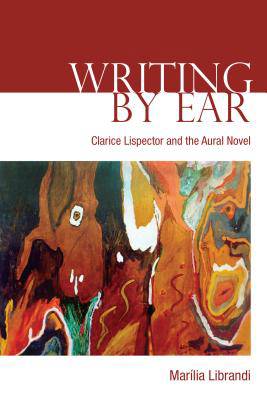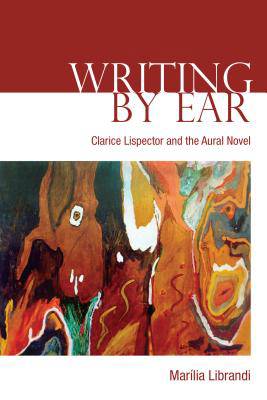
- Retrait gratuit dans votre magasin Club
- 7.000.000 titres dans notre catalogue
- Payer en toute sécurité
- Toujours un magasin près de chez vous
- Retrait gratuit dans votre magasin Club
- 7.000.0000 titres dans notre catalogue
- Payer en toute sécurité
- Toujours un magasin près de chez vous
Description
Considering Brazilian novelist Clarice Lispector's literature as a case study and a source of theory, Writing by Ear presents an aural theory of the novel based on readings of Near to the Wild Heart (1943), The Besieged City (1949), The Passion According to G.H. (1964), Agua Viva (1973), The Hour of the Star (1977), and A Breath of Life (1978). What is the specific aesthetic for which listening-in-writing calls? What is the relation that listening-in-writing establishes with silence, echo, and the sounds of the world? How are we to understand authorship when writers present themselves as objects of reception rather than subjects of production? In which ways does the robust oral and aural culture of Brazil shape literary genres and forms? In addressing these questions, Writing by Ear works in dialogue with philosophy, psychoanalysis, and sound studies to contemplate the relationship between orality and writing.
Citing writers such as Machado de Assis, Oswald de Andrade and João Guimarães Rosa, as well as Mia Couto and Toni Morrison, Writing By Ear opens up a broader dialogue on listening and literature, considering the aesthetic, ethical, and ecological reverberations of the imaginary. Writing by Ear is concerned at once with shedding light on the narrative representation of listening and with a broader reconceptualization of fiction through listening, considering it an auditory practice that transcends the dichotomy of speech and writing.
Spécifications
Parties prenantes
- Auteur(s) :
- Editeur:
Contenu
- Nombre de pages :
- 240
- Langue:
- Anglais
- Collection :
Caractéristiques
- EAN:
- 9781487502140
- Date de parution :
- 03-07-18
- Format:
- Livre relié
- Format numérique:
- Genaaid
- Dimensions :
- 160 mm x 231 mm
- Poids :
- 498 g

Les avis
Nous publions uniquement les avis qui respectent les conditions requises. Consultez nos conditions pour les avis.






